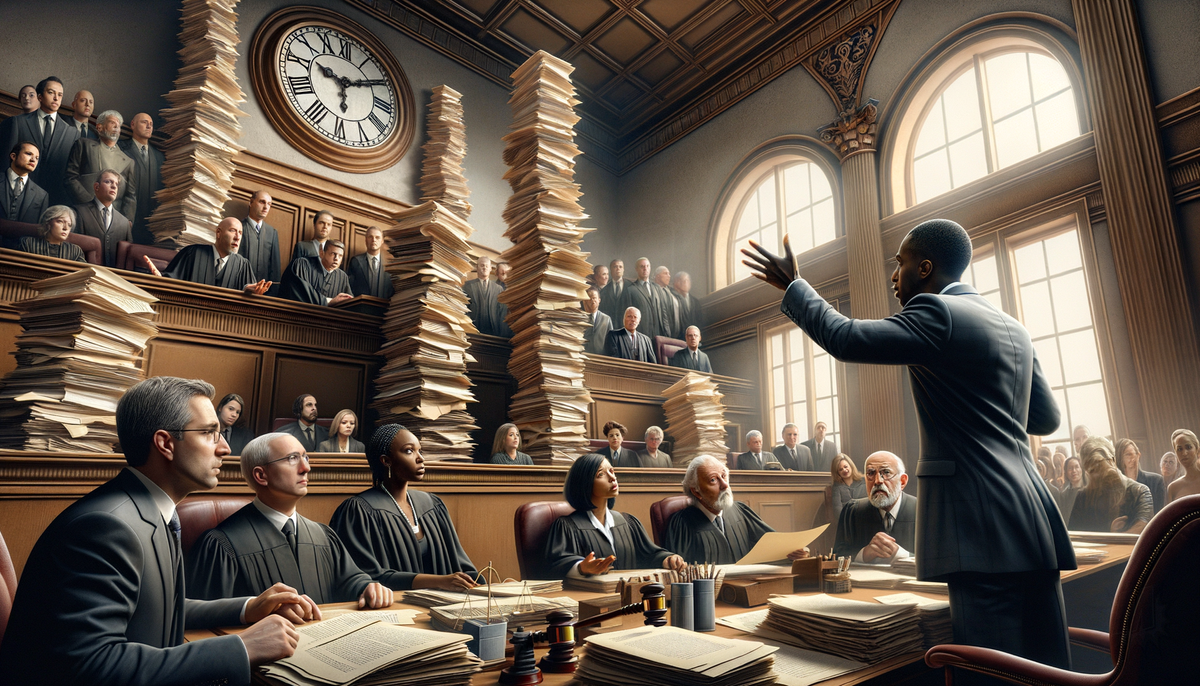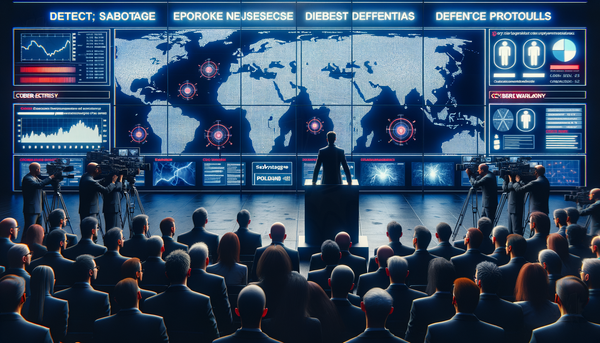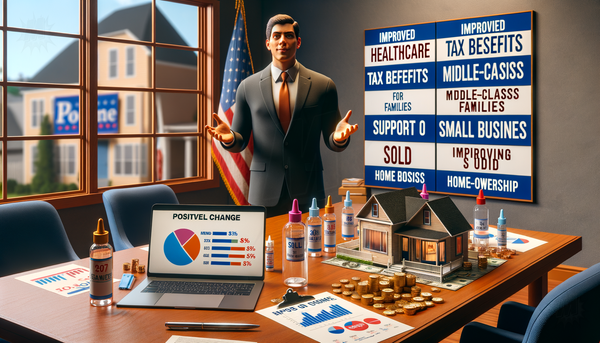Supreme Court Weighs Obstruction Charges in Jan. 6 Cases Affecting Trump

The U.S. Supreme Court is currently reviewing a key legal question that could have significant implications for the prosecution of individuals involved in the January 6 Capitol riot, including potential charges against former President Donald Trump. At the heart of the case is the interpretation of the obstruction of an official proceeding statute, a charge that has been used extensively since the Enron scandal and carries a sentence of up to 20 years in prison. The court's decision will specifically impact the case of Joseph Fischer, a former Pennsylvania police officer indicted on multiple counts, including obstruction, for his role in the events of January 6, 2021.
The justices are examining whether the anti-obstruction provision of the 2002 Sarbanes-Oxley Act can be broadly applied to those who disrupted the certification of the 2020 presidential election results. The Department of Justice has been applying this charge in several cases related to the Capitol riot, while the defense, including Fischer's lawyer, argues for a more narrow application, limiting it to cases of evidence tampering.
The Supreme Court's ruling has the potential to affect not only the 330 individuals already charged under this statute but also the ongoing legal challenges faced by Trump. The former president has been indicted under similar charges by special counsel Jack Smith. The court's conservative majority has shown skepticism in the past toward broad prosecutorial use of criminal provisions, which suggests that a ruling in favor of narrowing the statute could also influence the charges against Trump. The decision by the Supreme Court will thus be a pivotal moment for the future of these prosecutions.




